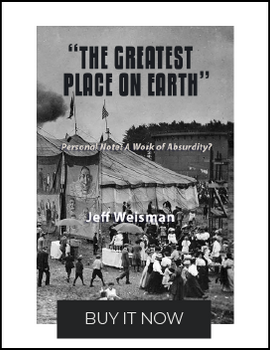What is experimental fiction? I have always thought of experimental fiction as work that pushes formal boundaries. It considers the “norms” of fiction and asks why these so-called “norms” are essential anyway. Why plot? Why characterization? Why chapters? Why words at all?
Experimental fiction has been asking many such questions and challenging the assumptions that conventional fiction writers have held and preached for far too long. When the conventional ones announce that fiction must be written according to a limited set of rules, we are the ones to ask them why.
What is experimental fiction? That is a question I am asked often. I did respond to that question in some detail in an article called “Against Defining Experimental Fiction,” which appeared in The Notre Dame Review. There I argued that the concept is much too large and too elusive to define easily. And to be honest, the reason for the argument baffles me. Why would anyone not be interested in what’s ahead, what’s new, what’s different? Why should we limit ourselves to the tried-and-true?
I always say that a writer will know if they’ve done something significant if they can step back from it, look at it, and say with certainty that only they, of all people on this good Earth, could have written this particular piece. Then the writer will have contributed something to the sum total of human knowledge, and we can be grateful for that.







